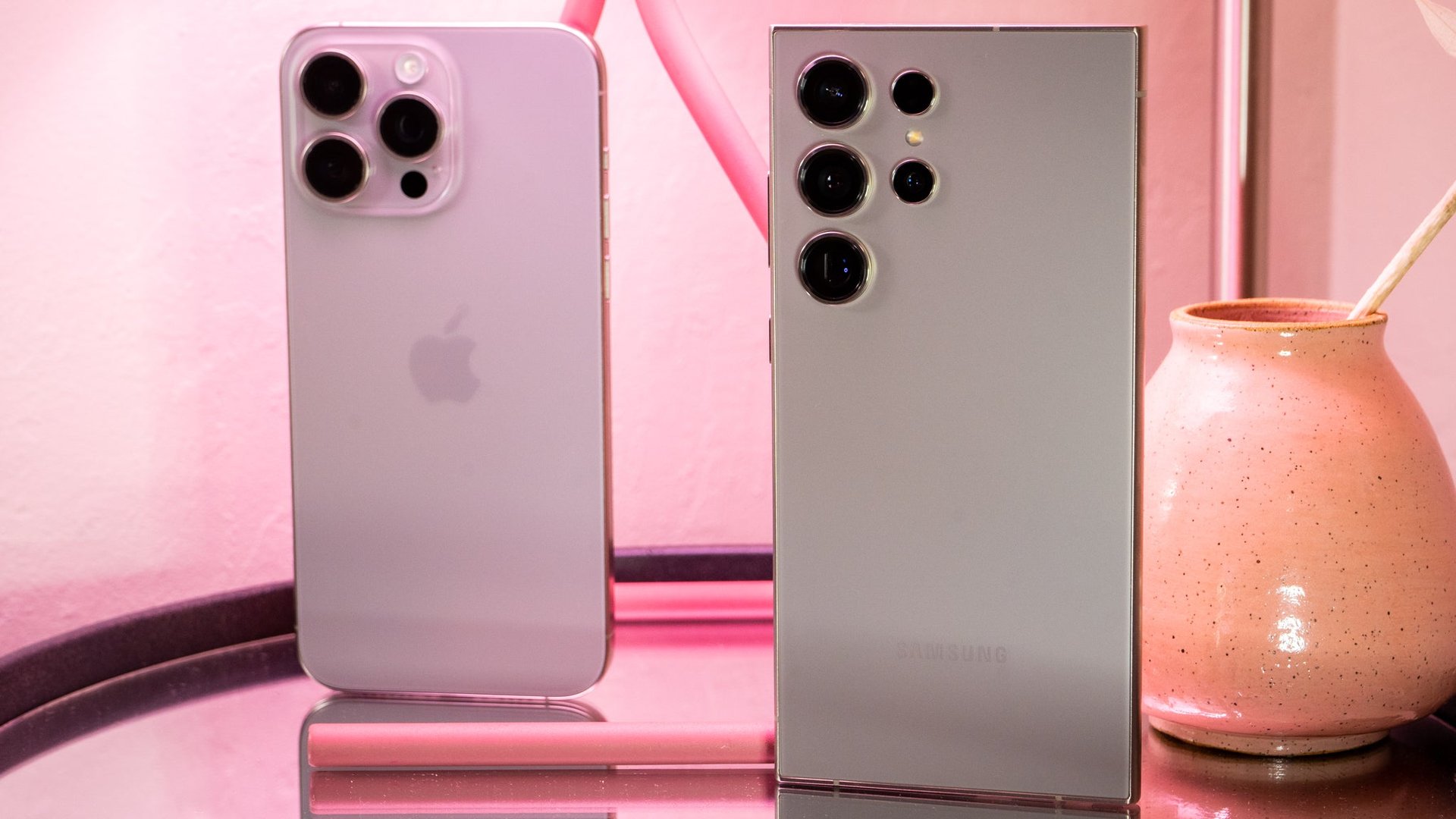Apple is losing to Samsung on smartphone sales. Here's why
Apple still needs to convince the rest of the world that the iPhone has more to offer

The latest charts from analysts at IDC show Samsung has reclaimed the top spot on the global smartphone charts for the first quarter of the year, knocking Apple down to number two. Apple was dominating the charts for a brief second. But now, Samsung has the lead with 20.8% of the global smartphone shipments for the first quarter, compared to Apple’s 17.3%.
Suggested Reading
Apple’s sales have slipped almost 10% since the beginning of the year. It could be due to the faltering economy and declining iPhone sales in China. It could also be that the iPhone is not as exciting as the AI-first Android devices and folding smartphones. The iPhone 15 and iPhone 15 Pro deliver on the polished Apple experience, but overall, they’re missing some of that oomph that the rest of the world’s smartphone users seem drawn toward.
Related Content
This year’s Galaxy S24 series launch included exclusive features for early buyers on behalf of Google. If you want to be among the first to try out Circle to Search, you could trade in your old Samsung for a new phone for immediate access. Other devices have since followed through with the Galaxy AI updates, but the early exclusivity boosted the brand.
There’s also the fact that the rest of the world isn’t binary like the North American smartphone market. There aren’t just two dominating players but a whole spectrum of offerings that seem like a better deal than Apple’s closed devices. The IDC list shows Xiaomi, a brand that isn’t even sold in the U.S., holding steady in the number three spot, followed by Transsion, which manufactures Tecno devices.
Rumors are percolating that the iPhone may give the Android platform more of a run for its money later this year. Leaks already point to the iPhone 16 being chock full of Samsung-like flair with Cupertino’s take on AI. And with Apple being more lenient with repairs, a secondary market could be bubbling to help overthrow some of the budget Android mainstays.
